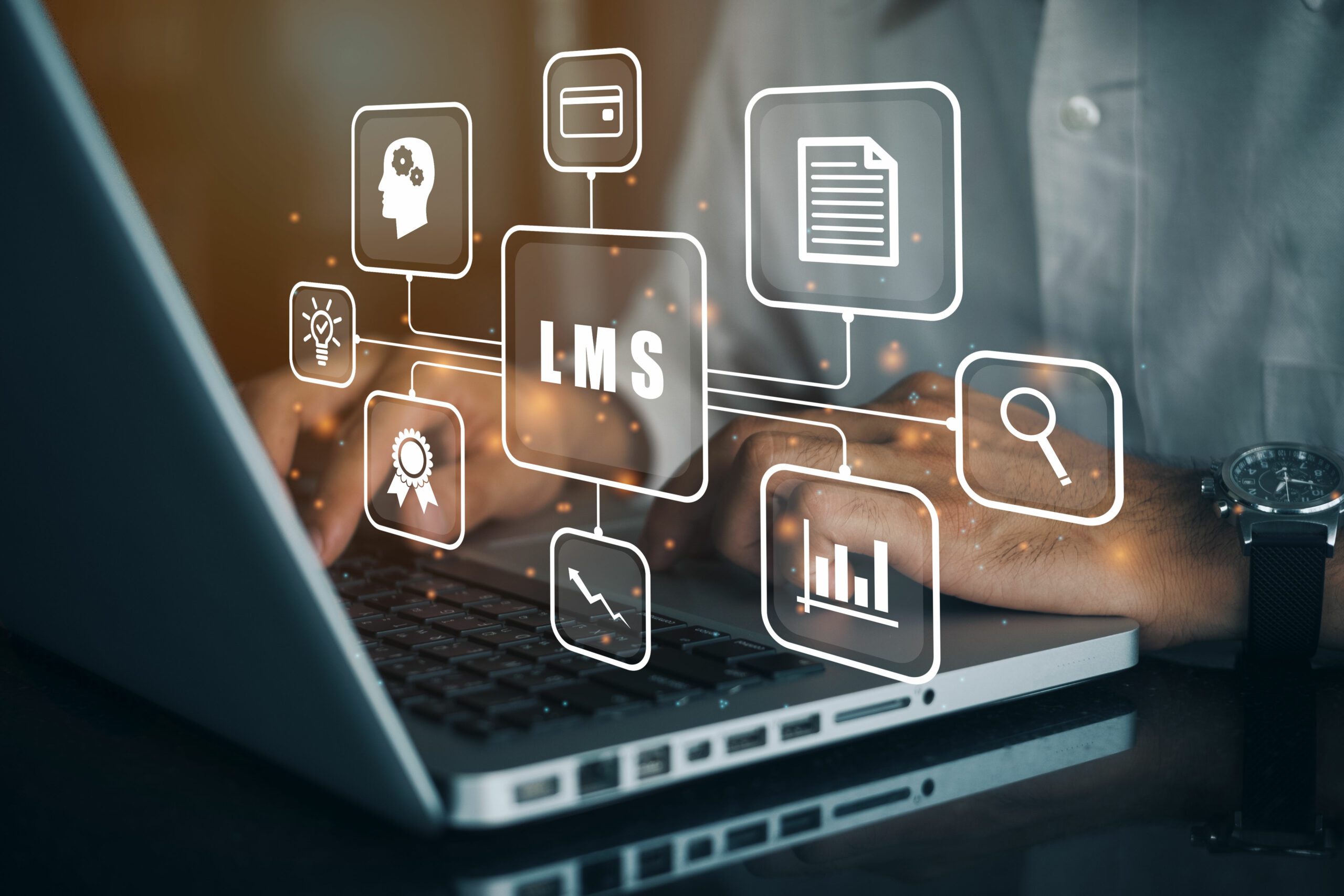In the ever-evolving landscape of the corporate world, the need for continuous employee development has surged to the forefront. At the heart of this evolution lies the Learning Management System (LMS)—a transformative tool reshaping the way organizations approach training. As workplaces grapple with rapid technological shifts and the challenges of a diverse workforce, LMS provides the consistency, adaptability, and efficiency required to navigate these complexities.
This article uncovers the multifaceted roles of LMS in driving employee growth, organizational coherence, and overall workplace efficacy. Read on.
Why LMS Matters In Today’s Workplace
In the contemporary business realm, staying current is more crucial than ever, given how rapidly knowledge and skills can become outdated. LMS emerges as a beacon, providing a robust platform for employees to engage, access, and monitor their training endeavors seamlessly. Beyond mere convenience, this system underscores the importance of optimizing and nurturing professional development in today’s workplace.
Bespoke Learning Paths For Every Employee
In today’s diverse workforce, one-size-fits-all solutions rarely hit the mark. LMS shines by offering tailor-made learning paths suited to each individual’s needs. For instance, a government LMS might be specifically designed to address the unique requirements and regulatory standards of public sector employees.
By harnessing this system, organizations can sculpt training modules that resonate with every team member’s unique learning pace and style. This personalized touch not only enhances engagement but also ensures more efficient skill acquisition and retention.
Providing Engaging Learning Experiences
Capturing and retaining employee attention during training sessions is paramount. LMS steps up by facilitating dynamic and interactive learning experiences.
Through a blend of videos, quizzes, and interactive modules, this system ensures that training isn’t just another mundane task but an engaging journey. Such vibrant learning environments not only enhance absorption rates but also foster a genuine enthusiasm for continuous personal and professional growth.
Tracking Progress And Identifying Gaps
Feedback loops are essential in any learning process. This is where LMS stands out, offering real-time monitoring capabilities. With intuitive dashboards and analytics, employees can gauge their progress, pinpointing areas of mastery and those requiring further attention.
Organizations benefit, too, from obtaining insights into training effectiveness and areas needing enhancement. Such transparent progress tracking not only boosts individual confidence but also ensures a more targeted and impactful developmental approach.
Fostering A Culture Of Continuous Learning
Cultivating a thirst for knowledge and growth is a cornerstone of progressive organizations. LMS plays a pivotal role in embedding this ethos into the workplace fabric. By providing an array of courses, webinars, and resources, it sends a clear message about the value placed on continuous learning.
Employees, seeing this plethora of opportunities, are more inclined to take the initiative. This environment not only fuels individual ambition but also elevates the collective competency and adaptability of the entire team.

Businessman using a computer to LMS – Learning Management System web icon for lesson and online education, course, application, study, e learning, knowledge everywhere and every time.
Providing Accessible Learning Platforms
In a world where mobility reigns supreme, learning shouldn’t be confined to traditional settings. LMS capitalizes on this by offering platforms often optimized for tablets and smartphones. This mobile-centric approach ensures that employees are able to tap into resources, courses, or training modules regardless of location.
Whether waiting for a meeting to start or commuting, learning opportunities are just a click away. This accessibility not only amplifies convenience but also champions the principle that growth and development are ongoing, unrestricted processes.
Blending Formal And Informal Learning
In the spectrum of learning, there’s a space for both structured coursework and spontaneous exploration. LMS masterfully bridges this gap, granting employees the leeway to mesh formal training with informal learning avenues. This means while structured courses lay the foundation, the system’s flexibility enables integration with external resources or peer-shared content. Such a blend enriches the learning landscape, ensuring employees are equipped with a well-rounded knowledge base, drawing from both orchestrated and organic sources.
Promoting Cost-Effective Continuous Development
Arranging in-person training sessions carries hefty costs. Consider the expenses for securing a suitable venue, managing transportation logistics, and procuring necessary training materials and resources. LMS emerges as a solution, delivering top-tier training without straining organizational finances.
By shifting away from traditional, in-person training sessions, which often incur venue and logistic expenses, LMS centralizes resources in a digital space. Content can be updated, reused, and scaled without significant overheads. In this streamlined approach, employees benefit from high-caliber training, while organizations enjoy the dual advantage of reduced costs and elevated workforce competence.
Establishing Consistency In Training Standards
Uniformity in training standards, irrespective of geography or department, is a hallmark of cohesive organizations. LMS ensures that such consistency isn’t an arduous task but a seamless reality.
With centralized content and protocols, every employee, whether in a downtown office or a remote location, encounters the same quality and depth of training. This consistent approach ensures uniform skill acquisition, eliminates disparities in knowledge levels, and fortifies an organization’s collective capability, irrespective of the diversity in its workforce.
Conclusion
The role of LMS in continuous employee development is undeniable. It offers a structured, flexible, and cost-effective way to ensure you stay updated and competitive. Embracing LMS isn’t just about adopting a tool; it’s about fostering a culture of continuous growth and learning. And in today’s rapidly changing workplace, that’s a game-changer.



































